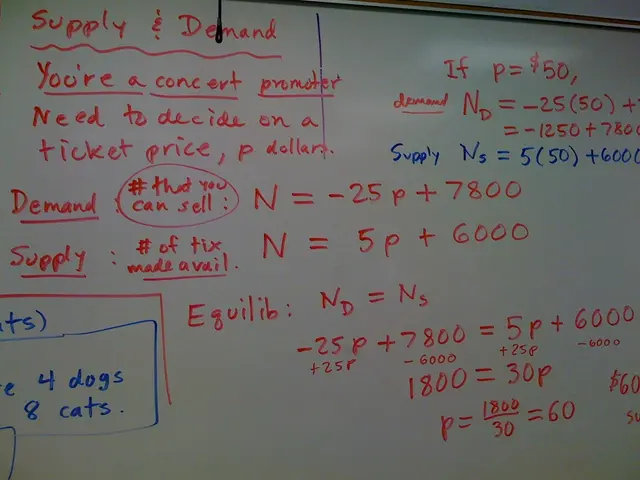Struggles Persist in Implementing Non-Financial Rewards: Exploring Challenges in their Enforcement
==================================================================================================
In the world of international arbitration, enforcing non-monetary awards presents unique challenges compared to monetary awards. This article explores common issues and how courts exercise discretion in enforcing these awards.
Common Issues in Enforcement
Jurisdiction and Recognition
Courts often face challenges in determining whether they have jurisdiction to enforce non-monetary awards. Complex legal and factual issues, such as determining the seat of arbitration and ensuring that the award does not violate public policy, are common.
Specific Performance
Non-monetary awards may require specific performance, which can be difficult to enforce. Courts must balance the award's enforceability with the limits of their jurisdiction, as they cannot compel parties to perform acts that are contrary to law or public policy.
Public Policy Exceptions
The New York Convention allows courts to refuse enforcement if the award violates public policy. This provision is frequently invoked to challenge non-monetary awards, adding complexity to the enforcement process.
Court Discretion in Enforcement
Jurisdictional Considerations
Courts must determine whether they have the authority to enforce non-monetary awards, often relying on the New York Convention's provisions. The Second Circuit, for instance, recently clarified that U.S. federal courts lack jurisdiction to vacate foreign arbitral awards under the Convention.
Balancing Interests
Courts must balance the interests of the parties and the public. They may refuse enforcement if the award conflicts with domestic law or public policy, or if enforcing it would be impossible or impractical.
Respect for Arbitral Process
Courts generally respect the arbitral process and the autonomy of the parties to choose arbitration. However, they may intervene if there are serious procedural irregularities or if the award violates fundamental principles of justice.
Use of Remedies
Instead of enforcing non-monetary awards directly, courts may use other remedies like injunctions or declaratory judgments to achieve similar outcomes. This can be more effective than attempting to enforce specific performance.
Parties seeking non-monetary relief should carefully consider the enforceability of resulting awards and try to ensure that non-monetary awards are crafted carefully to reduce hurdles to enforcement. Enforcing courts may be asked to take on a broader supervisory role when enforcing non-monetary orders, including ongoing monitoring of compliance and the use of coercive measures.
Ambiguity in non-monetary awards can lead to arguments against enforcement, with parties resisting enforcement arguing that the award lacks sufficient clarity and precision. A party seeking enforcement of a declaration by entry of judgment needs to be able to identify some tangible benefit from the entry of judgment over and above mere recognition of the declaration as binding.
Enforcing non-monetary awards is less common, resulting in limited judicial consideration of related issues. Courts may be reluctant to enforce awards that would require extensive judicial supervision. Another issue is the need for ongoing court supervision to monitor compliance with non-monetary awards.
The existence and scope of an enforcing court's discretion under the New York Convention framework is an issue that has yet to be grappled with in a principled way and is one that arises most acutely in the context of non-monetary awards. One issue in the enforcement of non-monetary awards is determining the time for performance, particularly when it comes to actions like selling shares or participating in a prescribed valuation process.
Enforcing courts may be asked to make orders additional to or different from the terms of the award to resolve ambiguity, raising questions about the scope of an enforcing court's jurisdiction to modify an award. It may not be clear when parties are required to take or complete certain steps in a non-monetary award. Enforcing courts have also considered utility when deciding whether to enforce an award.
In summary, enforcing non-monetary arbitral awards requires courts to exercise discretion carefully, considering jurisdictional issues, public policy exceptions, and the balance of interests between the parties and the public. While the New York Convention provides a framework for enforcement, courts must adapt this framework to the specific challenges posed by non-monetary awards.
- Parties involved in education and self-development activities should be aware of the potential challenges in enforcing non-monetary awards, such as specific performance and public policy exceptions, especially when the awards require actions that are contrary to law or public policy.
- Courts, when enforcing non-monetary awards, must balance their respect for the autonomy of parties and the arbitral process with their duty to ensure that the awards do not violate domestic law, public policy, or fundamental principles of justice, treating education and self-development matters with the same care and consideration.




